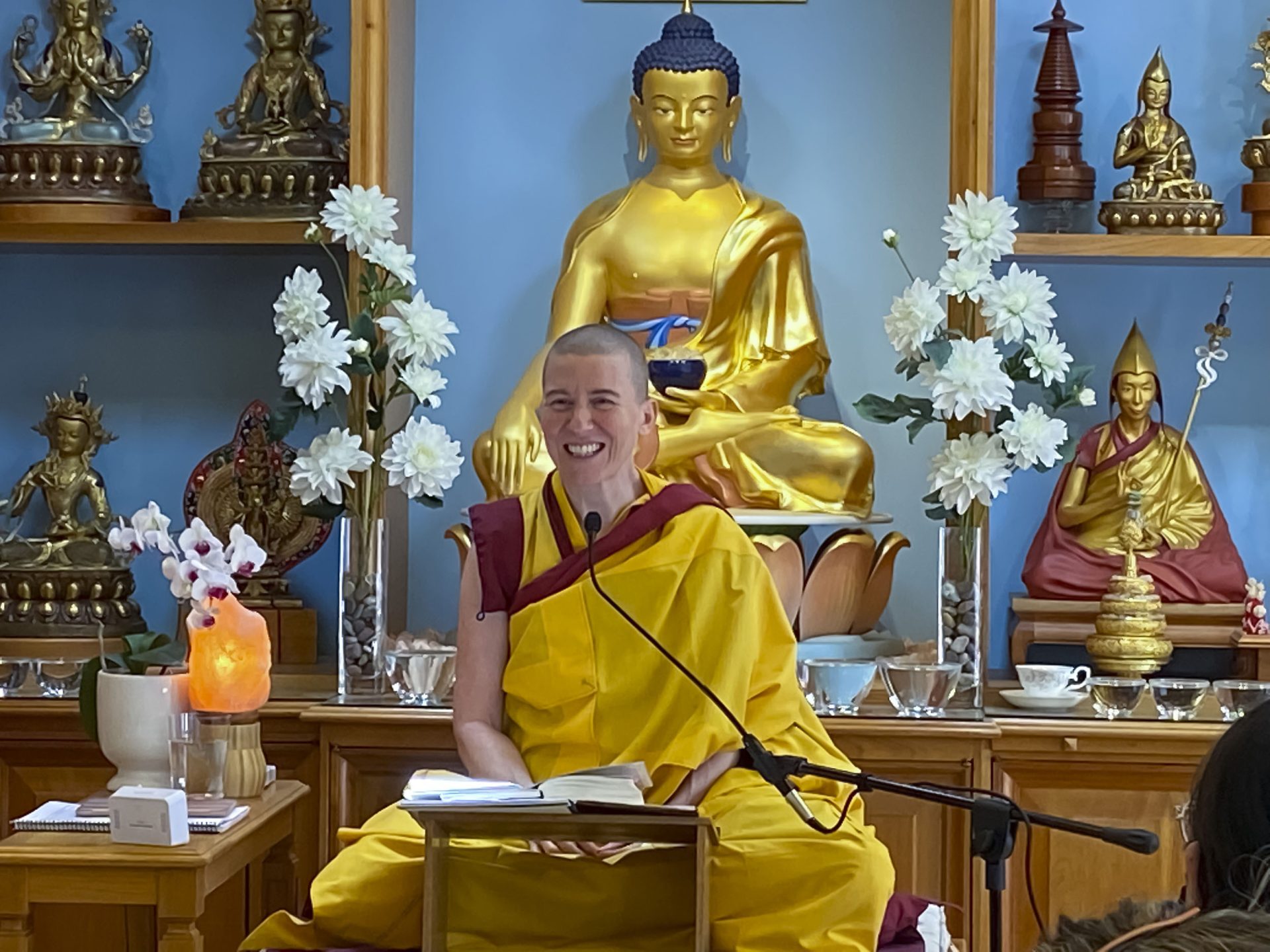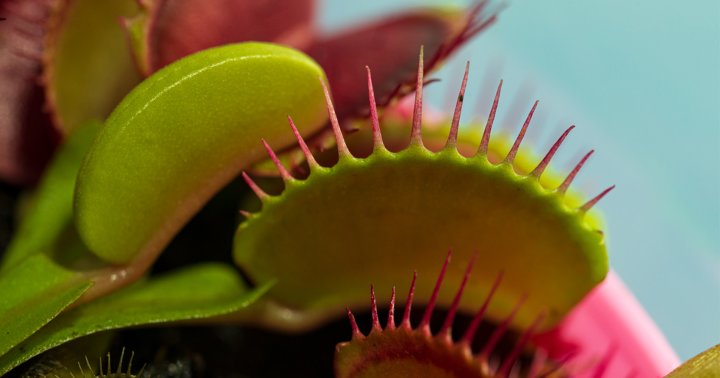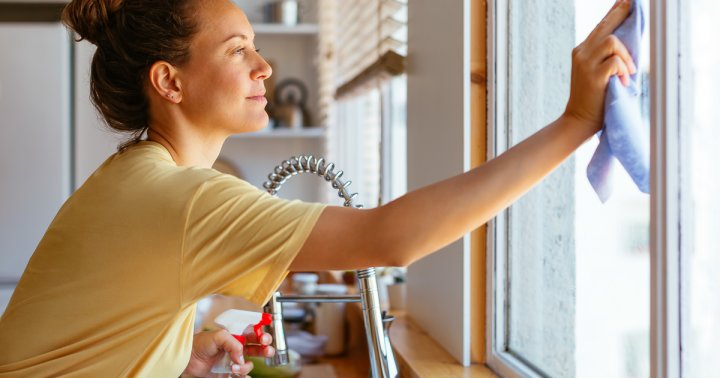Find Freedom in Simplicity: Embrace Minimalism for a More Fulfilling Life
In a world that constantly pushes us towards more—more gadgets, more clothes, more commitments—it’s easy to find ourselves drowning in the sea of excess. But what if less is really more? What if stripping away the excess could lead...


In a world that constantly pushes us towards more—more gadgets, more clothes, more commitments—it’s easy to find ourselves drowning in the sea of excess. But what if less is really more? What if stripping away the excess could lead us to a more fulfilling and meaningful life? This is the heart of minimalism, a philosophy that challenges the status quo and invites us to find freedom in simplicity.
Minimalism is not about living with the bare essentials or adhering to strict rules about what you own; it’s about creating space in your life for what truly matters. It’s a personal journey that looks different for everyone but revolves around a common theme: letting go of unnecessary clutter—both physical and mental—to focus on what’s genuinely important.
Why Embrace Minimalism?
The benefits of minimalism extend far beyond a tidy home. It offers clarity of thought by reducing the distractions that crowd our daily lives. When we clear the clutter, we pave the way for a more intentional and purpose-driven existence. Minimalism also cultivates a sense of peace and calm, as the spaces we live and work in become more serene and less chaotic.
Financial freedom is another compelling reason to adopt a minimalist lifestyle. By focusing on essentials, we curb impulsive buys and wasteful spending. This shift not only saves money but also redirects our financial resources towards experiences and investments that bring lasting satisfaction and joy.
Practical Steps to Embrace Minimalism
Embracing minimalism doesn’t require radical changes overnight. Instead, it’s about taking incremental steps that lead to significant transformations. Here are a few practical ways to incorporate minimalism into your life:
Assess your possessions: Start by looking around your home. Ask yourself what items you haven’t used in the last year. If these items don’t add value to your life, consider donating, selling, or recycling them. This process not only declutters your space but also helps you understand what possessions truly matter to you.
Limit new acquisitions: Before purchasing something new, think about whether it’s something you truly need or just a momentary desire. Wait a few days before making a decision; this can significantly reduce impulse buys and help you make more mindful choices.
Declutter Your Possessions Step by Step: Begin with one room or even one part of a room, like a single drawer or shelf. Sort items into categories—keep, donate, sell, or discard. Systematically tackle each space, allowing time to appreciate the progress and adjust to changes in your surroundings.
Focus on experiences: Shift your focus from acquiring objects to experiencing life. Spend more time with loved ones, travel, learn a new skill, or volunteer. These experiences tend to bring more happiness and fulfillment than material goods.
Embrace whitespace: Allow for empty spaces in your home and schedule. These pauses can be profoundly restorative—they give you a chance to breathe, reflect, and prepare for the next activity without feeling rushed or overwhelmed.
Minimalism is more than just a design aesthetic or a decluttering trend; it’s a way to reclaim your time, your space, and your mind. By embracing minimalism, you choose to live a life defined not by possessions, but by purpose and passion.
Start your journey towards simplicity today, and discover how much more fulfilling life can be when you make room for what truly matters.

 Aliver
Aliver 





















![Run An Ecommerce SEO Audit in 4 Stages [+ Free Workbook]](https://api.backlinko.com/app/uploads/2025/06/ecommerce-seo-audit-featured-image.png)










